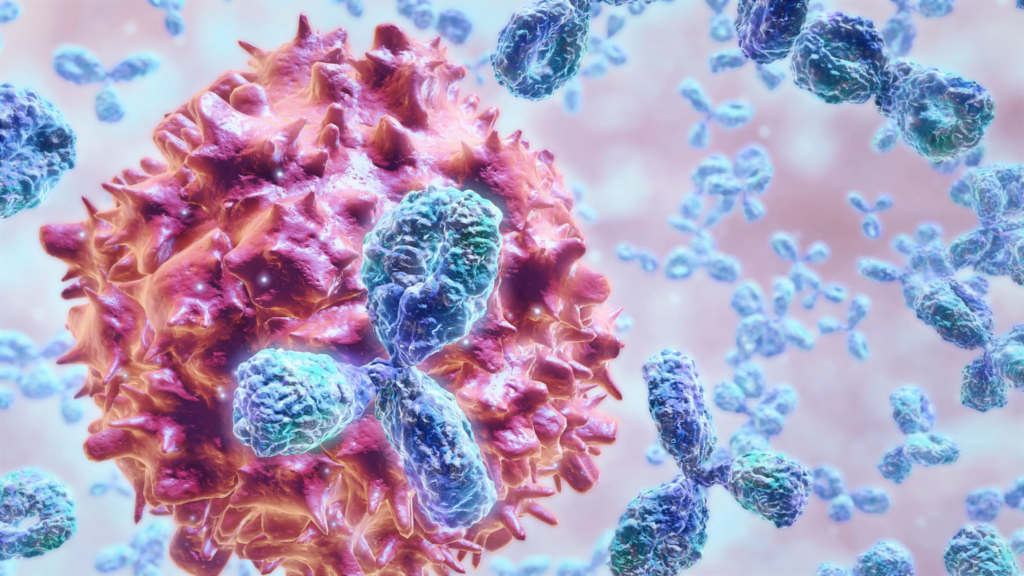In an effort to train the innate immune system to combat inflammatory diseases such as periodontitis and arthritis, researchers from Penn Dental Medicine, in collaboration with Dresden University of Technology, discovered that the process can lead to increased bone loss in mice.
The study, published in ScienceDirect, explores the concept of trained immunity—also known as TRIM—in which the innate immune system mounts a stronger response to repeated or similar stimuli. This phenomenon challenges the long-standing belief that only the adaptive immune system has a memory-like capacity.
“The body also has an innate immunity branch, which, for a long time, was just considered the first-line, general attack arm of the immune system with no ability to remember prior assaults or respond differently when rechallenged,” Penn Dental Medicine said in their press release on Thursday.
To induce trained immunity
To induce trained immunity in their experimental models, the team used β-glucan, a compound found in certain fungi. They then measured the activity of osteoclasts—cells that resorb bone—in mouse models of periodontitis and arthritis. The researchers found that while β-glucan alone did not cause bone loss, it increased the likelihood of bone degradation in the presence of a secondary inflammatory stimulus such as arthritis or periodontal disease.
“This requirement epitomizes the concept of trained immunity—the training stimulus causes a state of preparedness for future events,” George Hajishengallis, the Thomas W. Evans Centennial Professor in the Department of Basic & Translational Sciences at Penn Dental Medicine. “The double-edged sword of TRIM acquires special relevance for the preventive or therapeutic application of TRIM-inducing agents.”
The authors in the paper concluded that their findings “establish trained osteoclastogenesis as a maladaptive component of TRIM and potentially provide therapeutic targets in inflammatory bone loss disorders.”
Scientists are exploring the immune system
Scientists are increasingly exploring the immune system’s potential in treating diseases, both through its adaptive and innate branches. Earlier this year, researchers in Australia, writing in Science Immunology, identified a subset of stem-like T cells with enhanced regenerative capacity that may serve as promising immunotherapeutic targets for cancer. These T cells, regulated by the transcription factor ID3, were shown to sustain CD8 T cell responses in chronic infections and tumour environments.
Source link

